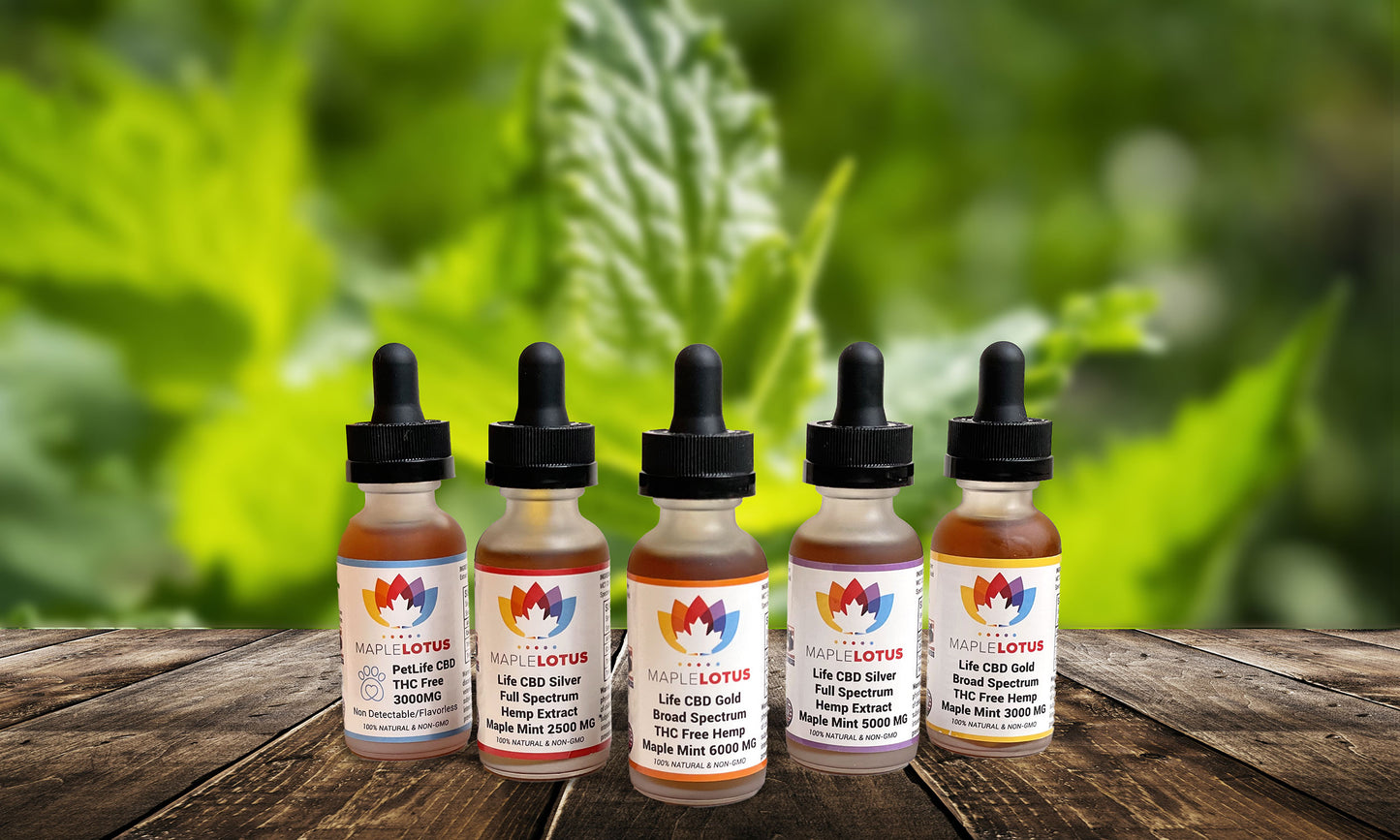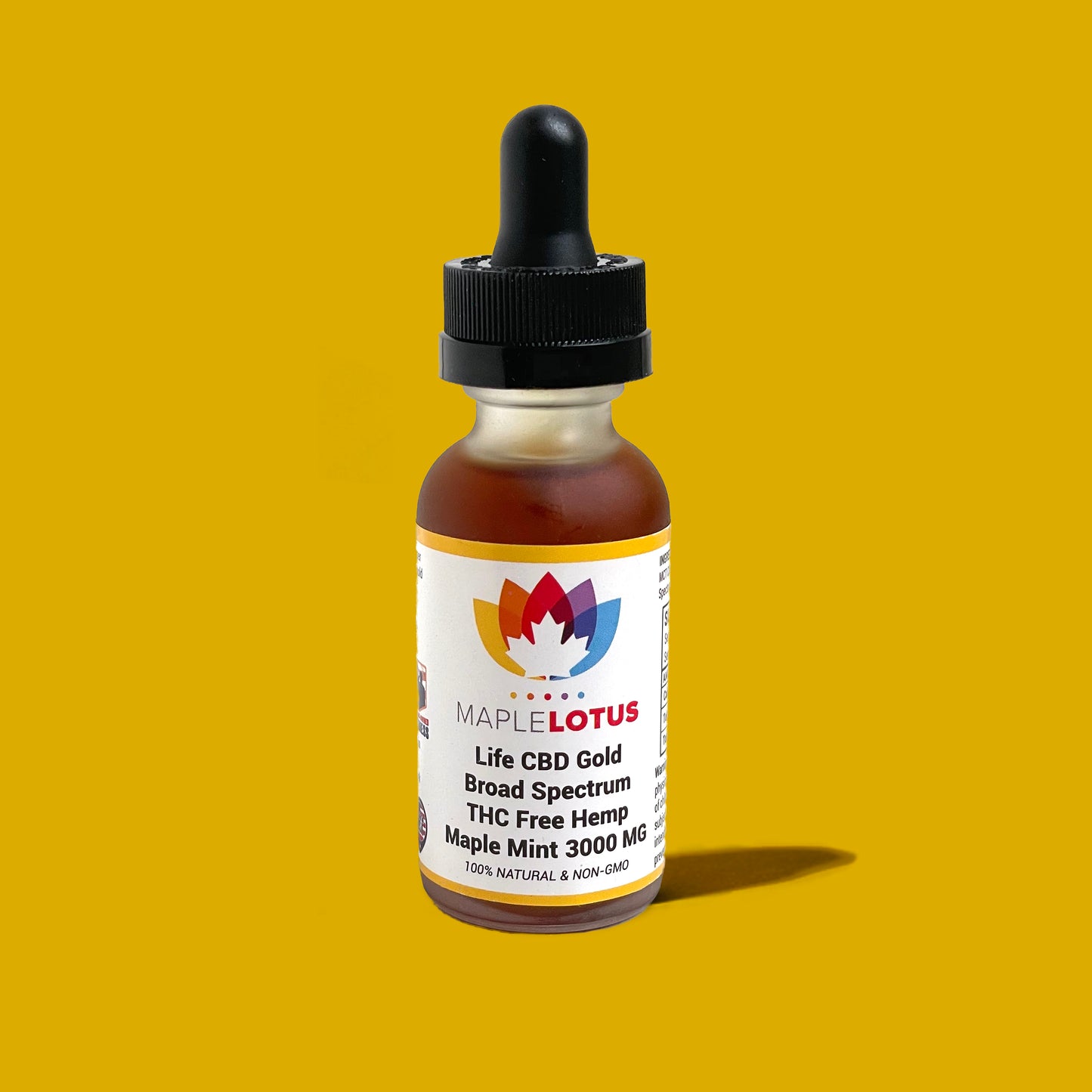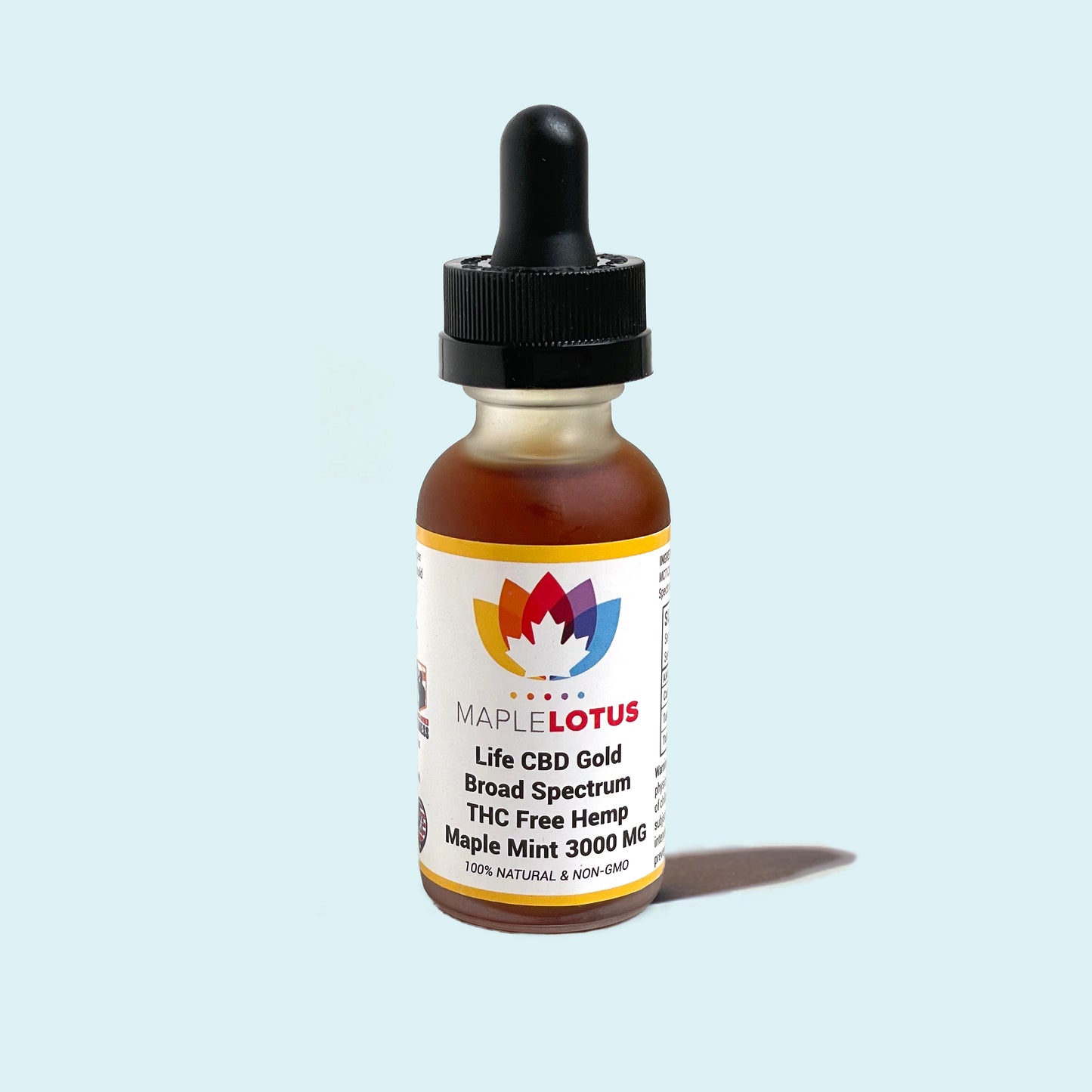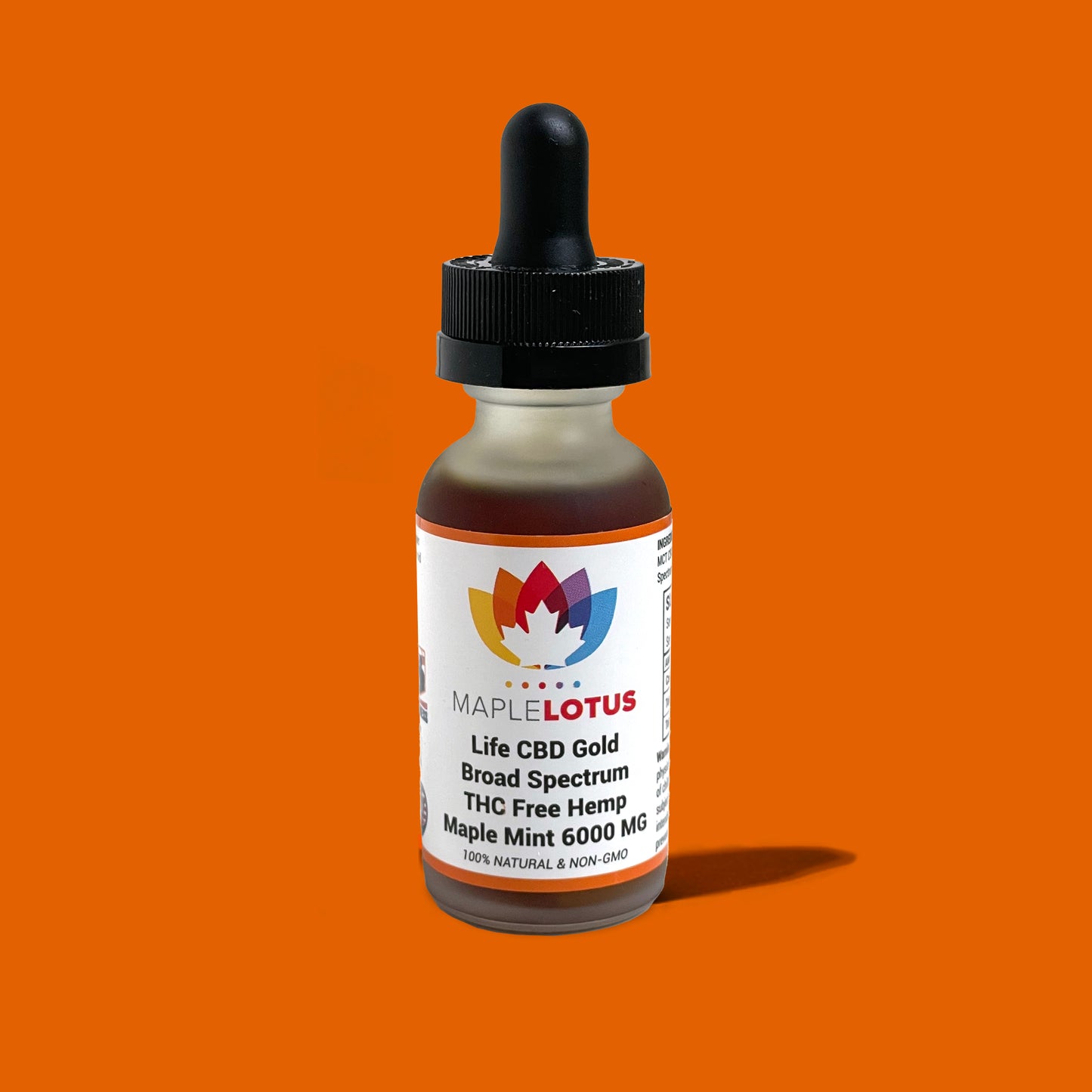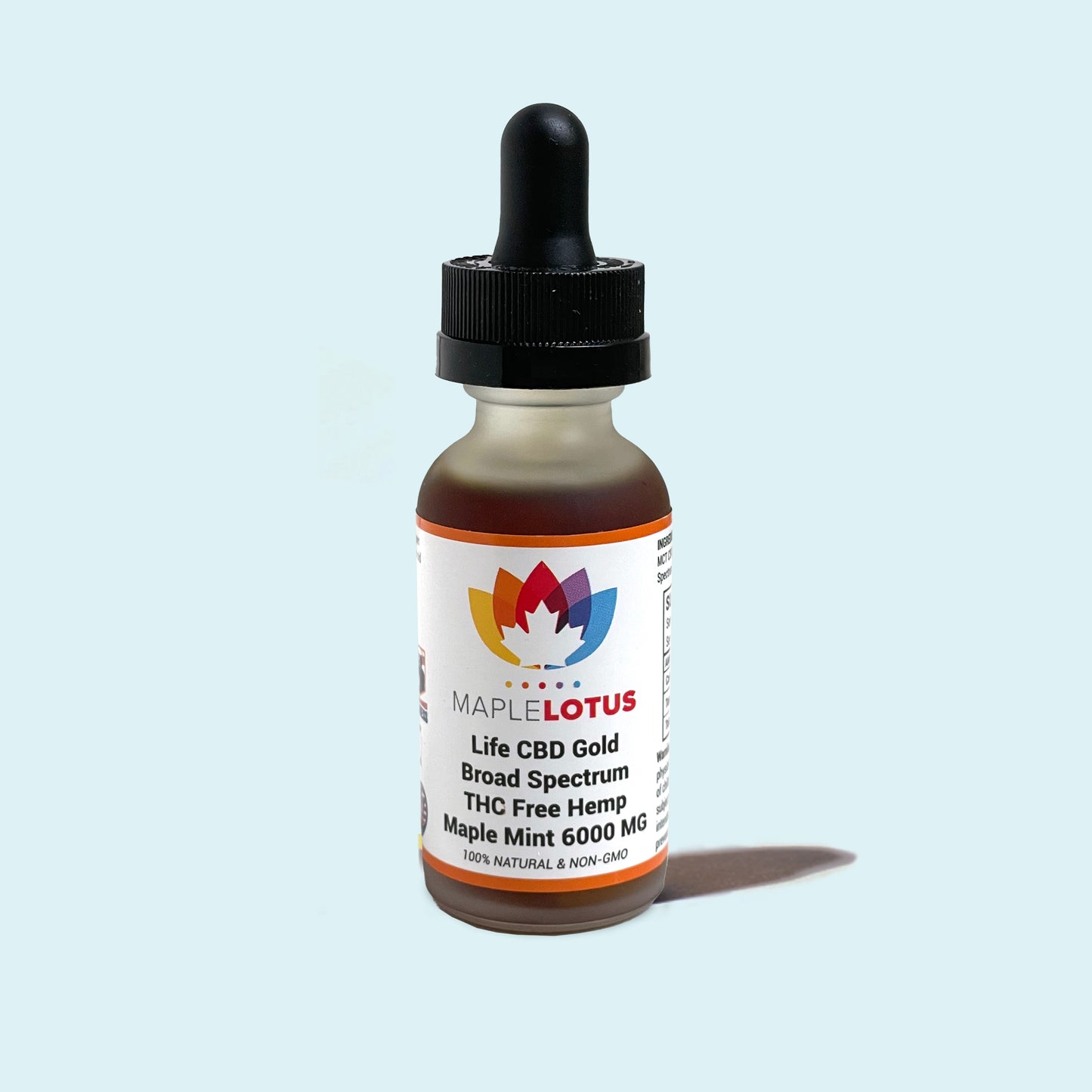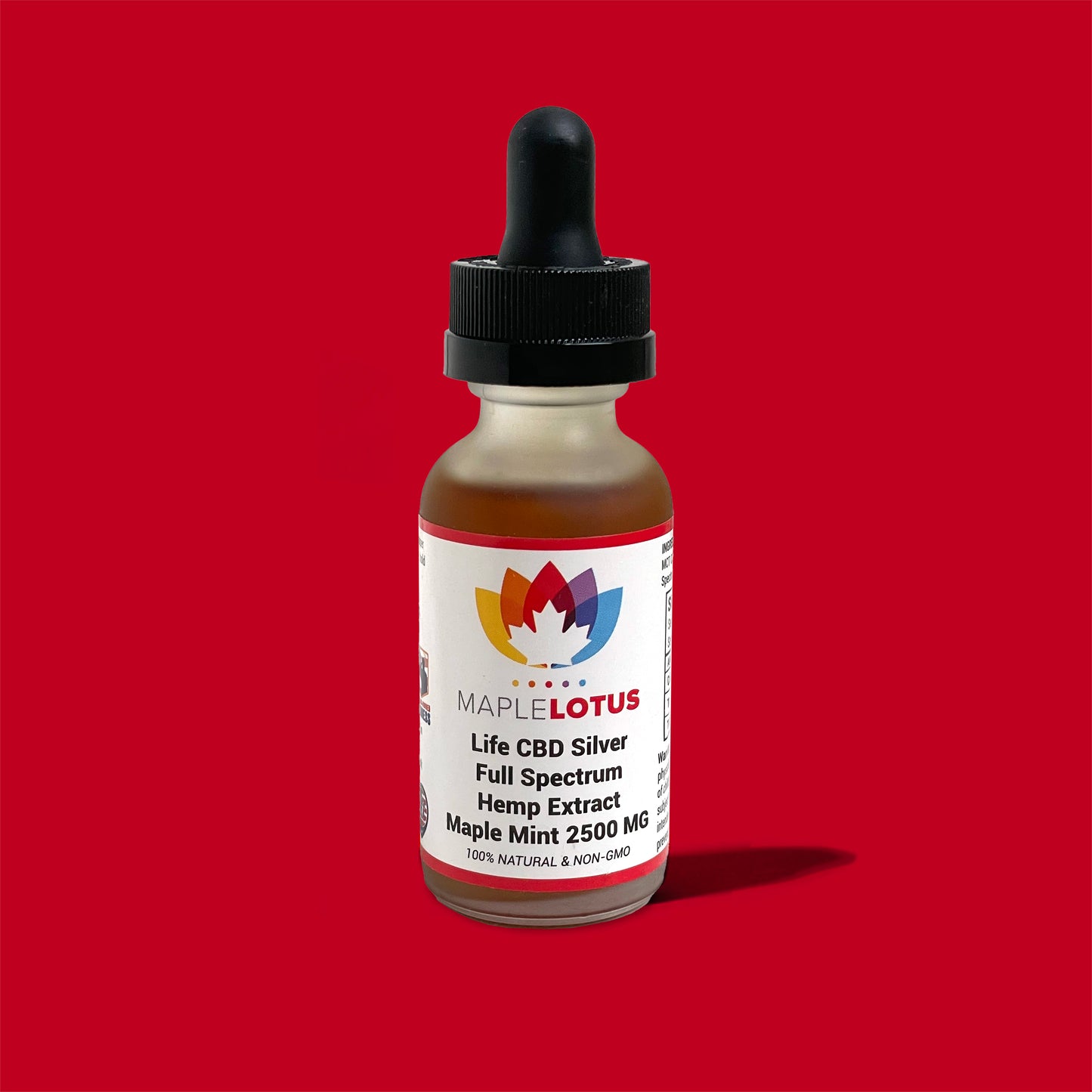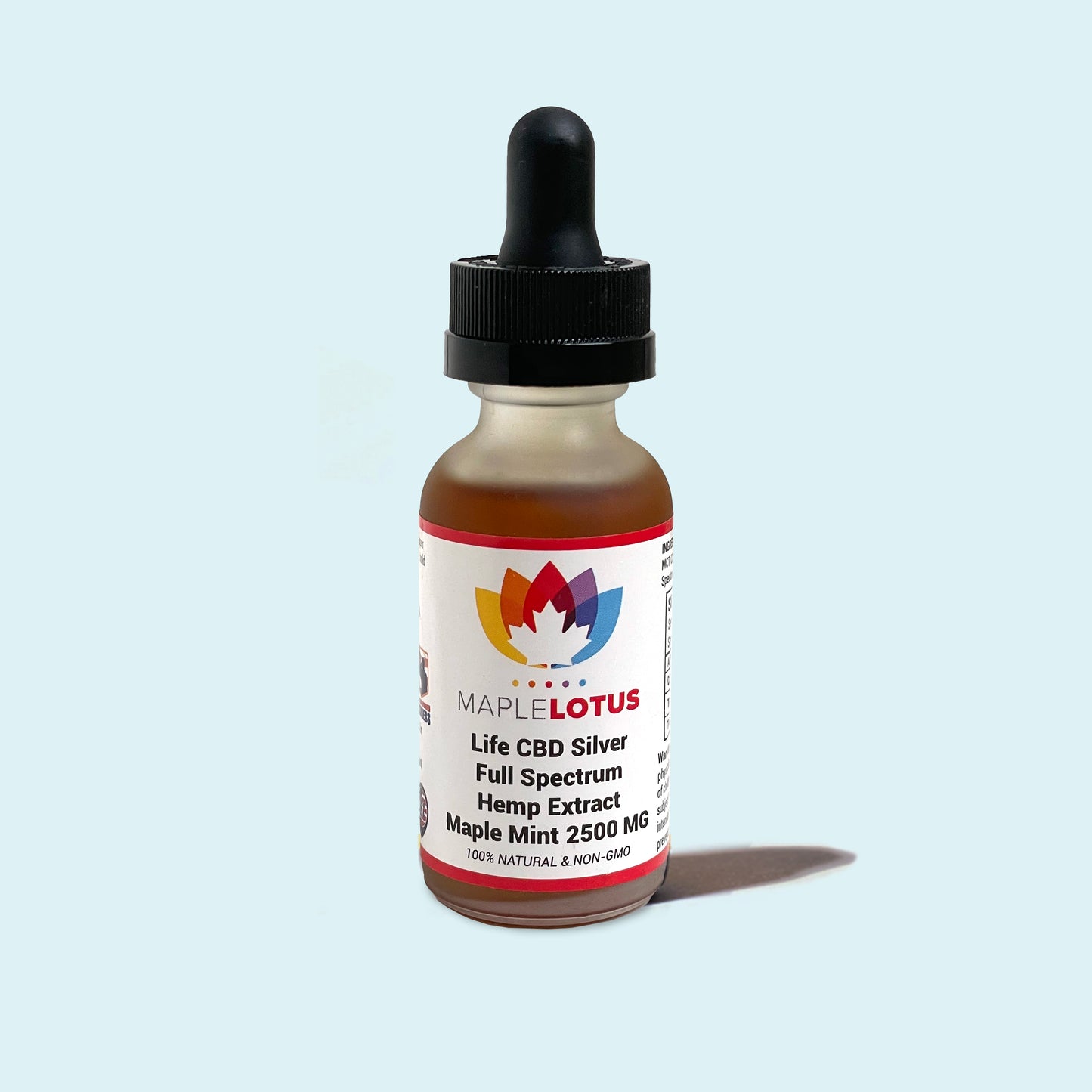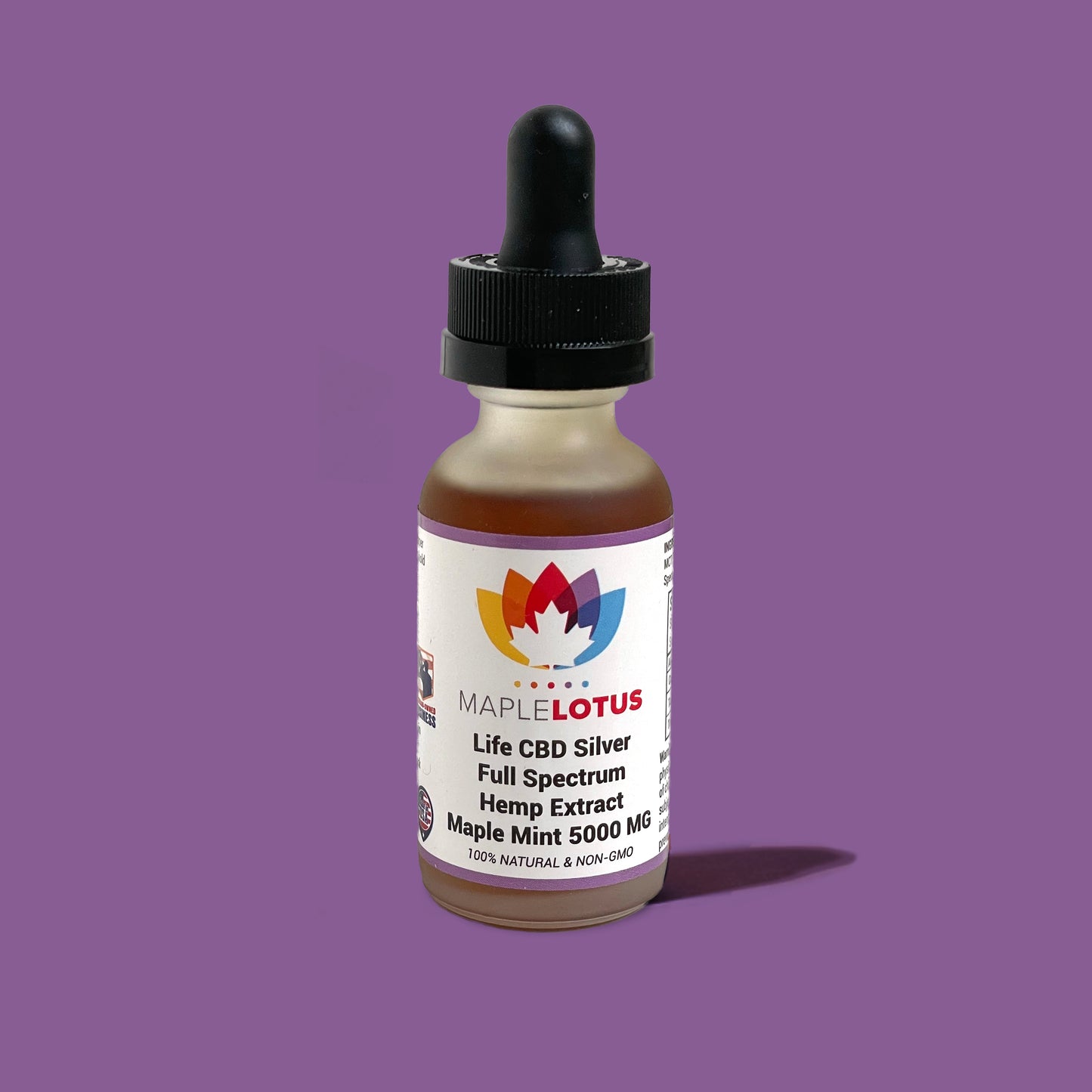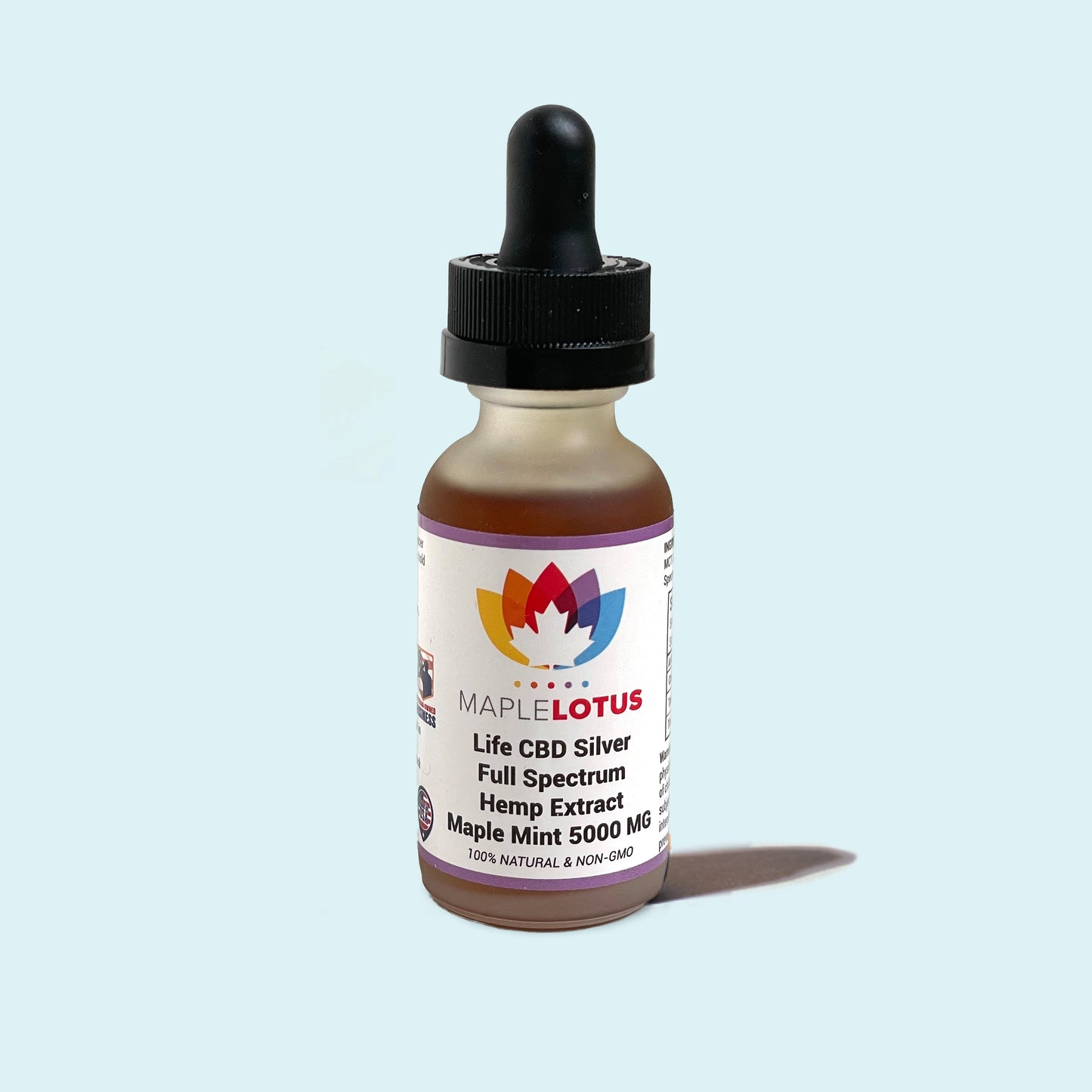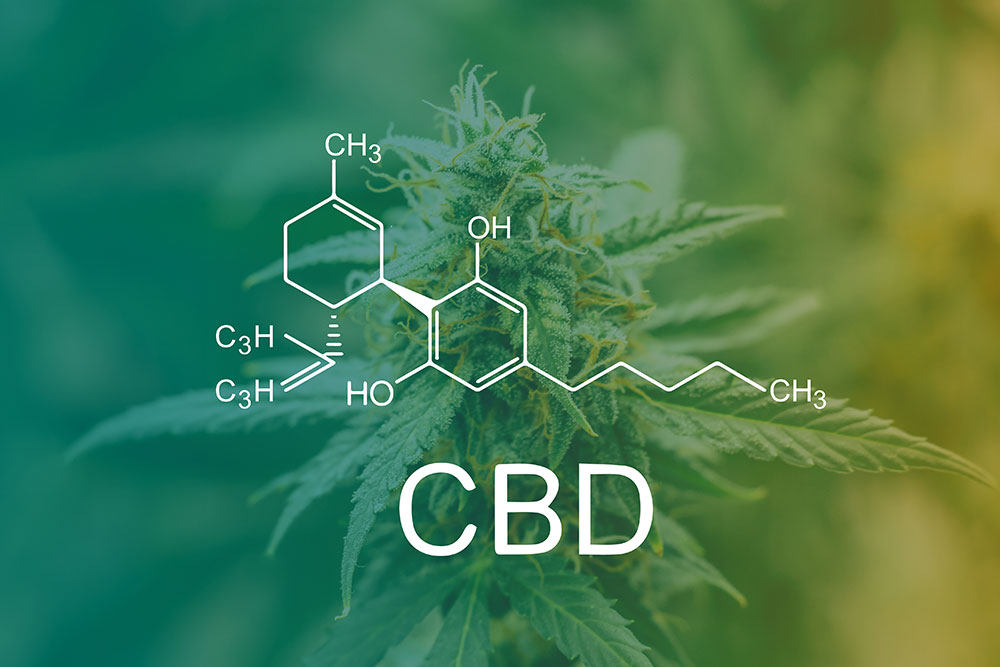
Is CBD a different name for marijuana?
Why is marijuana related with hemp, and how do the two differ?
Is CBD a controlled substance?
As the CBD market expands, these and other related misunderstandings will inevitably arise. People are puzzled by the various terminologies used by CBD product makers and the benefits advertised for CBD. The rate at which these items are introduced into the market is unrivaled by the rate at which the general public is taught on the fundamental concepts. As a result, there are many misconceptions concerning CBD. Here are the solutions to some frequent misconceptions to assist you make an informed decision and become acquainted with the fundamental concepts underlying the CBD industry:
Misconception #1: CBD is the same as Marijuana
CBD is an abbreviation for cannabidiol, a naturally occurring compound found in high concentrations in marijuana. CBD is the second most common compound found in marijuana. It is, however, rarely extracted from marijuana. In fact, hemp is the most common source of CBD.
Although marijuana and hemp are both members of the cannabis plant genus, their species may differ. The marijuana plant can be classified as either cannabis Indica or cannabis Sativa. However, the hemp plant is only found in Cannabis Sativa. THC, another cannabinoid, is abundant in cannabis Indica plants. THC is mostly illegal in many parts of the world because it is a psychoactive substance that can be abused. As a result, marijuana cultivation is illegal in some parts of the world.
Hemp plants, on the other hand, contain fewer or no THC strains. The THC concentration in the majority of hemp varieties is 0.3% or less. In contrast, it can be as high as 30% or higher in most marijuana varieties. As a result, the majority of CBD products on the market are not derived from marijuana; rather, hemp is the primary source of CBD.
CBD is one of the most common compounds found in marijuana, but it is more commonly extracted from hemp.
Misconception #2: CBD Products Cause a High
This is one of the most widely held beliefs regarding CBD products. CBD may not be psychoactive on its own, or it may not provide the same high as THC. A significant majority of CBD-based products on the market are full-spectrum. This means that they do not just contain CBD but also other cannabinoids. Even when synthesized from hemp, it is impossible to know how much THC and other psychotropic cannabinoids were utilized by the manufacturer. This is especially important given that a number of CBD products marketed as supplements do not list their contents. So, while CBD may not be very psychoactive on its own, the products may cause a high and you may test positive for narcotics.
Verdict: While pure CBD may not be significantly psychoactive on its own, most CBD products are not purely based on CBD and can get you high.
Misconception #3: CBD is not suitable for medicinal use in children
Another myth about pharmaceutical CBD-based medicines is that they can only assist adults. The FDA has cleared the use of CBD-based medications to treat some types of epilepsy. Medical News Today conducted a study on the treatment of epilepsy in infants, children, and teenagers. CBD-containing anti-epileptic medications have showed potential in treating children with seizures. CBD is beneficial to both children and adults.
Misconception #4: CBD is Prohibited
This misunderstanding is related to Misconception No. 1. People assume CBD is prohibited when they misinterpret it as another name for marijuana. This is because marijuana is outlawed in many places of the world because of its potential for abuse. However, unlike marijuana, hemp regulations are comparatively lax. Hemp production, selling, extraction of CBD from hemp, and sale of CBD-based products are all legal in most parts of the world. Second, CBD is not illegal in the majority of countries. CBD-based products are also entirely legal in the United States.
CBD-based products are widely available as over-the-counter supplements in medical stores and CBD-specific retailers. You can also easily order them online. Almost all states in the United States permit the selling of CBD-based products. However, those who live in a nation other than the United States should first investigate the legal status of CBD-based products.
Also Read: What is CBD?
Verdict: While marijuana is prohibited in many areas of the world, CBD produced from hemp is lawful in the majority of countries, including the United States.
Misconception #5: Painkillers containing CBD are addictive
Some preliminary research indicates that CBD is particularly efficient in reducing chronic pain and inflammation. It also alleviates soreness and itching. However, CBD, like most other pain medications, is thought to be addictive. However, this is not the case. CBD, in any form, is not addictive; CBD pills or oils will not become you addicted. Rather, the truth is the polar opposite. CBD actually reduces the addictive potential of morphine, which is utilized in many medications.
Verdict: CBD oils, pain relievers, and other CBD products are not inherently addictive.
Misconception #6: CBD can only be used as a medicine or in wraps
According to the majority of people, the most common usage of CBD is in the form of alternative medicine or smoking. This, however, is a common misperception. CBD is not only used in pharmaceuticals or vape liquids. It has been shown to improve the overall health of the skin, hair, and nails.
As a result, one of its quickly emerging applications is in the cosmetics business. CBD is utilized in soaps, bath salts, massage oils, foot creams, lotions, shampoos, and creams, among other things. Furthermore, it is widely assumed that CBD can only be smoked. Whether in the form of electronic cigarettes or tobacco wraps.
However, edible oils are one of the most popular ways to consume CBD. It is also readily accessible in candies, lozenges, cereals, and a variety of other edible forms. In short, CBD is no longer limited to a few items; it has evolved into a way of life.
Verdict: CBD can be consumed in other ways than smoking or using it as medicine. It can also be utilized in a range of other applications, such as cosmetics, cereals, oils, gummies, and so on.
Misconception #7: CBD takes significantly longer to provide any health benefits
Another common misconception regarding CBD is that all of the health advantages touted by CBD firms take considerably longer to manifest. People assume that, unlike traditional treatment, CBD-based supplements can take a long time before the consumer feels any advantages. This, however, has a lot to do with how CBD is consumed.
When CBD oil is blended with food, for example, it may take some time before any effects are felt. It could take anywhere from 30 minutes to an hour. In contrast, when you place a few drops of CBD immediately under your tongue, it quickly enters your bloodstream. When taking CBD as a supplement, you may need to do so for at least a month to reap the long-term advantages.
Verdict: The time it takes for CBD to produce results is determined by how it is consumed. While it may take longer in some cases, it can begin to show advantages very soon in others.
The bottom line here is:
As the CBD sector rises as a new way of life, it is surrounded by a slew of false beliefs, just like any other new product line. However, whether or not it is appropriate for you should be determined only after comprehensive research. It is usually suggested that you consult with your physician before using it as a medication.

